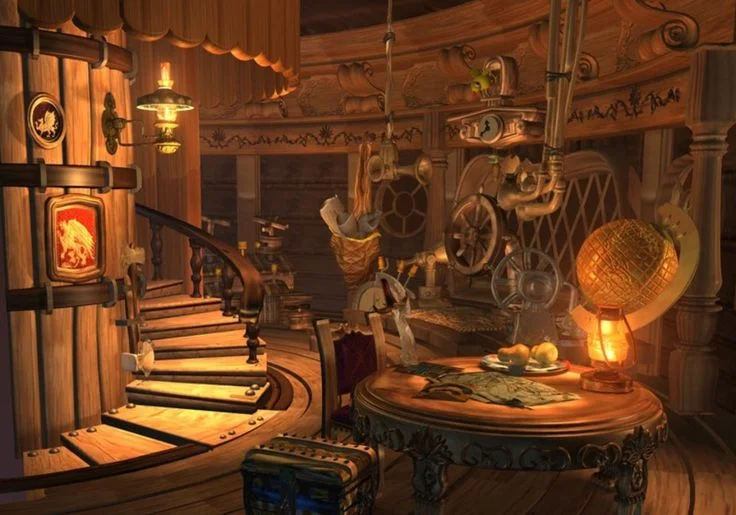Character Concepts: The Wizard
/Hello again dear readers,
Today, let's take a moment to examine one of fantasy's oldest archetypes, the wizard. Wizardly characters have appeared in just about any setting you can think of, from Starwars' Old Ben Kenobi to Lord of the Rings' Gandalf the Grey. The Wizard is an integral feature of many compelling stories, mastering mysterious forces and serving as a patient guide to the protagonist.
What exactly makes a character a Wizard? The first, and most obvious trait, is the mastery of a mystical power. Frequently, this power is magic, but not always. This mystical power can be a martial arts technique, a mental discipline, a religion, or even a sufficiently advanced technology. A favorite recent example is Hank Pym in the Ant-Man movie. The ant manipulation technology in the film was not just activated by the flip of a switch, it required discipline, training, and a calm mind. It is these traits that separate the higher power from some other martial discipline or science. The powers the Wizard controls must, in the setting, be mostly unknown, require training to master, and produce evident results. The protagonist does not need to take on faith that the wizard's god, magic, or secret technique is powerful. It is obvious to any who see it in action.
The next trait of the Wizard is his relationship with our protagonist. A character that fits this archetype will not only teach the protagonist, but guide them. The Wizard is not an advocate of hands off instructon, instead choosing to accompany and guide the protagonist through his journey, possibly disappearing at inconvenient times for reasons that only they understand. It is not uncommon for the wizard character to die tragically in these times they choose to act alone, as seen with Merlin, Gandalf the Grey, Dumbledore, Obi-Wan Kenobi, and the list goes on. This happens to create tension in the story, as the only character who seems to have a full idea of the situation is suddenly taken, leaving the audience in suspense.
This leads to the final trait of the Wizard, motivation by a higher knowledge to act in the mundane. The Wizard does not care for the laws of man beyond what he considers important on a cosmic scale, typically where greed has created a corruption of the natural order. Dumbledore didn't care about ministry politics beyond what applied to stopping Lord Voldimort, Obi-Wan is unperturbed by random imperial searches and haggling in wretched hives of scum and villainy, and Hank Pym doesn't care about a criminal record. All that matters is the mission and the big picture, and that is what sets the wizard apart from the others who wield the higher power. The Wizard is different from normal society because of the higher calling, and different from his peers because they are not afraid to step into the mundane, work with the protagonist, and solve the problem that needs solving.
This character concept serves as both a medium for protagonist character growth and a means of adding mystery to the setting. This being said, wizards are not the protagonist, if the audience knows everything the wizard knows, it eliminates the dramatic element of not understanding the full scenario. If Frodo knew everything Gandalf did, would the story have happened the same way? What if Luke had known the truth of Darth Vader? Some knowledge is best left for the right moment, and that is why we have wizards.
This is Ma1function signing off, until next time...











![Almighty Allen [Featured Artist]](https://images.squarespace-cdn.com/content/v1/55e49864e4b01d0dc78ba129/1494016363924-BAS6WH35KFUSQOCCO4RR/X8YeVUb.jpg)

![Slain by Syrena [Featured Artist]](https://images.squarespace-cdn.com/content/v1/55e49864e4b01d0dc78ba129/1489542756189-19DYL4NJ7L1HWG9QJBC6/ss10.jpg)